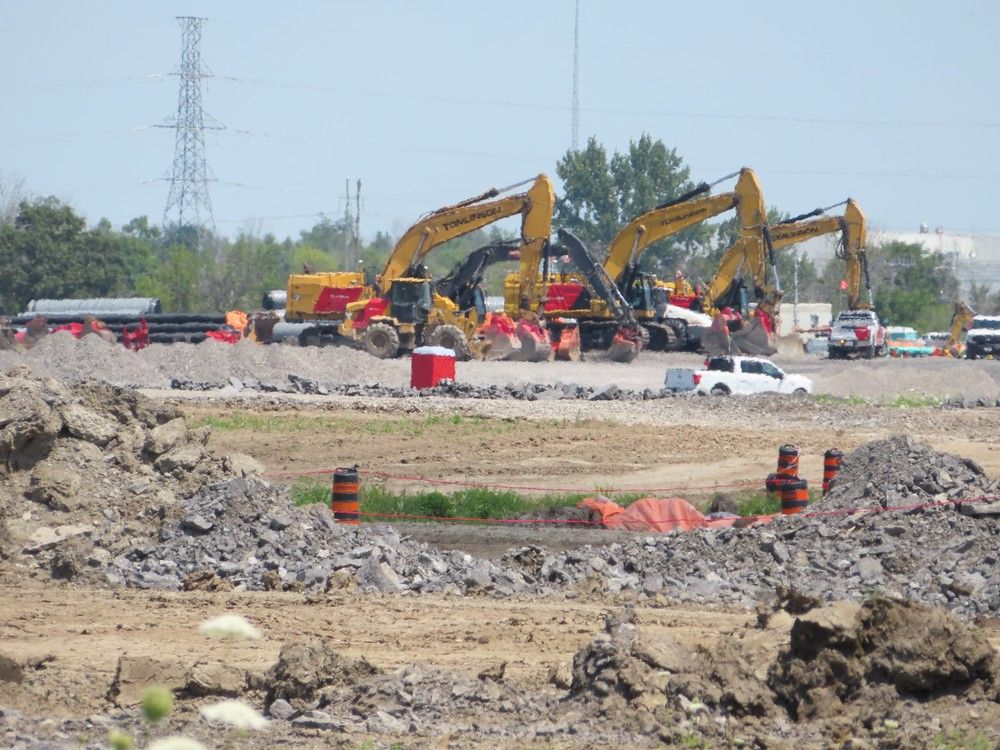Colin Parkinson
Army.ca Myth
- Reaction score
- 10,851
- Points
- 1,160
A bit of good news
I worked on this project and wrote the approval for them. They are using a existing CN loading ramp. Rail cars are rolled onto the large barge and then they discharge their contents into the barge. The barge moves over to it's dock. The smaller bunkering barge brings fuel to the ships at anchor. The Ramp is still being used for other vessels as well. This means Deep Sea vessels can bunker in PR. The only down side is that PR was exempt from the low sulphur oil requirements as there was no bunkering there. I suspect they will lose that status, but I think PR is to important now for that to matter.
I worked on this project and wrote the approval for them. They are using a existing CN loading ramp. Rail cars are rolled onto the large barge and then they discharge their contents into the barge. The barge moves over to it's dock. The smaller bunkering barge brings fuel to the ships at anchor. The Ramp is still being used for other vessels as well. This means Deep Sea vessels can bunker in PR. The only down side is that PR was exempt from the low sulphur oil requirements as there was no bunkering there. I suspect they will lose that status, but I think PR is to important now for that to matter.






